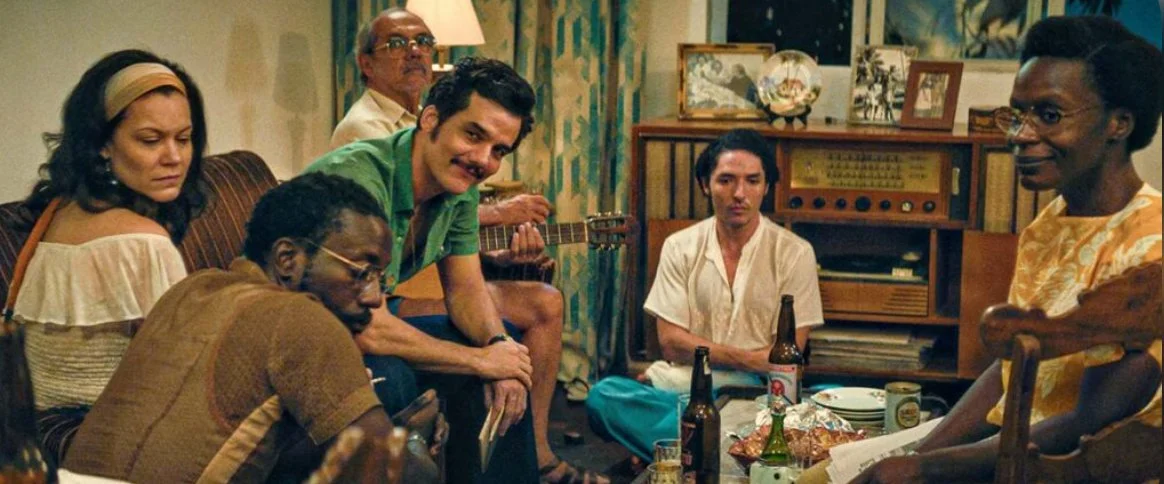NOTE: I’ve only caught a small glimpse of the reviews for “Alpha,” but I can’t imagine there will be many positive takes. This is not a good film. So far, pans coming in from THR, Variety and IndieWire.
Four years ago, Julia Ducournau arrived at Cannes like a meteor. Her second feature, “Titane,” roared into the festival with its transgressive imagery and unclassifiable energy earning her the Palme d’Or. It was only the second time a woman had won the festival’s top prize. Ducournau’s victory came with a film in which a woman has sex with a car. “Titane” was pure overload—operatic, grotesque, fearless.
Now comes “Alpha,” Ducournau’s follow-up, and it’s the kind of film you admire even as it leaves you emotionally stranded. This is a movie that screams to be seen, to be felt, to be wrestled with. It doesn’t settle for ideas—it assaults you with them. The result is exhausting and frustrating.
“Alpha” is a horror-inflected parable set in the shadow of the AIDS epidemic. But even that description feels reductive. This is a genre mashup, a coming-of-age tale, a family tragedy, a surreal medical nightmare—all rolled into one fever dream of a film.
At its center is a 13-year-old girl, “Alpha” (Mélissa Boros), who gets a tattoo with a dirty needle in the opening minutes and may or may not have contracted a fatal disease. Blood seeps and spurts throughout the film from Alpha.
Ducournau renders the AIDS crisis in bold visual metaphors: the infected slowly turn to marble, transforming into statues frozen in beauty and decay. It’s a potent image—part classical art, part body horror. The problem is that in Ducournau’s world, everything is turned up—emotion, sound, symbolism.
Visually, the film has a gritty look. Ducournau and cinematographer Ruben Impens paint with a palette of urban rot: fluorescents, graffiti, blood-red. As it goes back and forth between timelines, the colors start changing.
There’s a sequence in a school pool—blood in the water, heads cracking on tile—that rivals much of the body horror we’ve seen the last decade. Golshifteh Farahani, as Alpha’s overwhelmed mother, is not bad as the tragic woman in a world falling apart. And Boros, in her first screen role, holds the film together with real magnetism.
And yet, “Alpha” deeply suffers from its own ambition. There are so many ideas—so many great ideas—that they blur into noise. The film doesn’t so much explore them as toss them into a blender. The result is uneven and at times incoherent. One moment we’re in a hospital crumbling with marble corpses; the next, we’re back in time, or in a dream, or maybe in a hallucination. At some point, you just give up caring.
“Alpha” has a strong first half, focusing on specific drama and clear timelines. However, in the second half, it deteriorates and becomes a film with virtually no direction. Ducournau begins to veer into Lynchian territory—and we all know no one does Lynch better than Lynch himself.



















